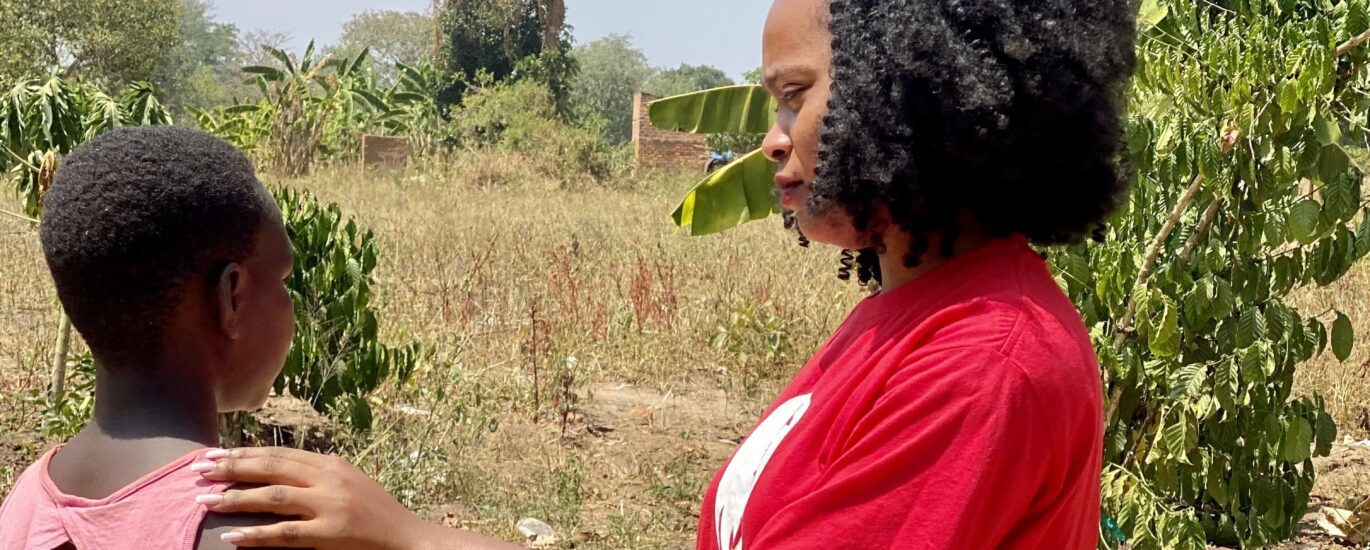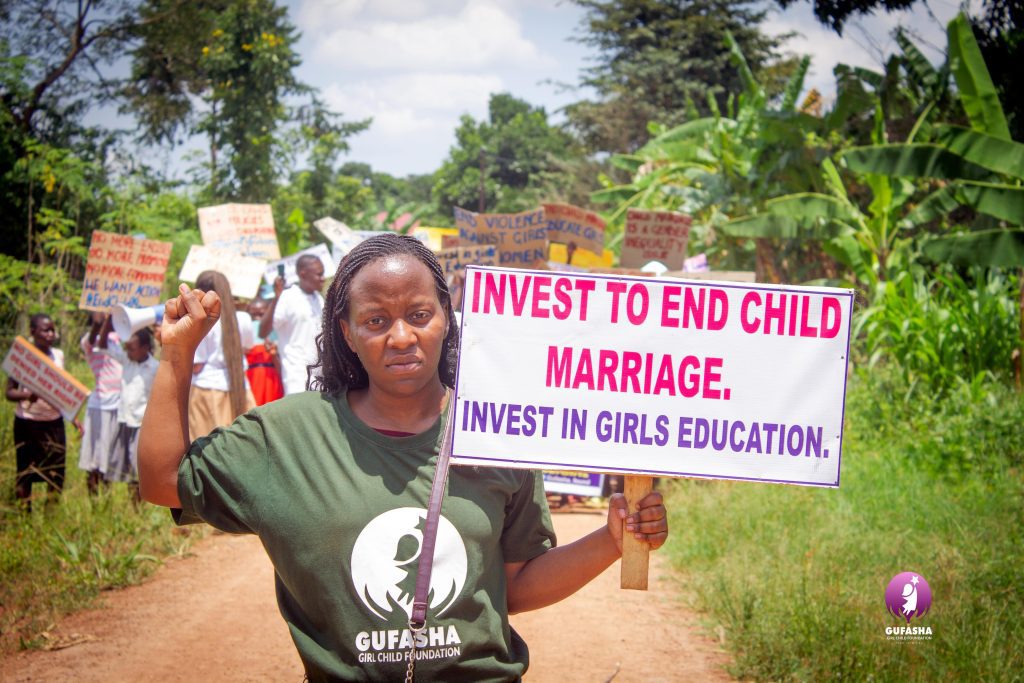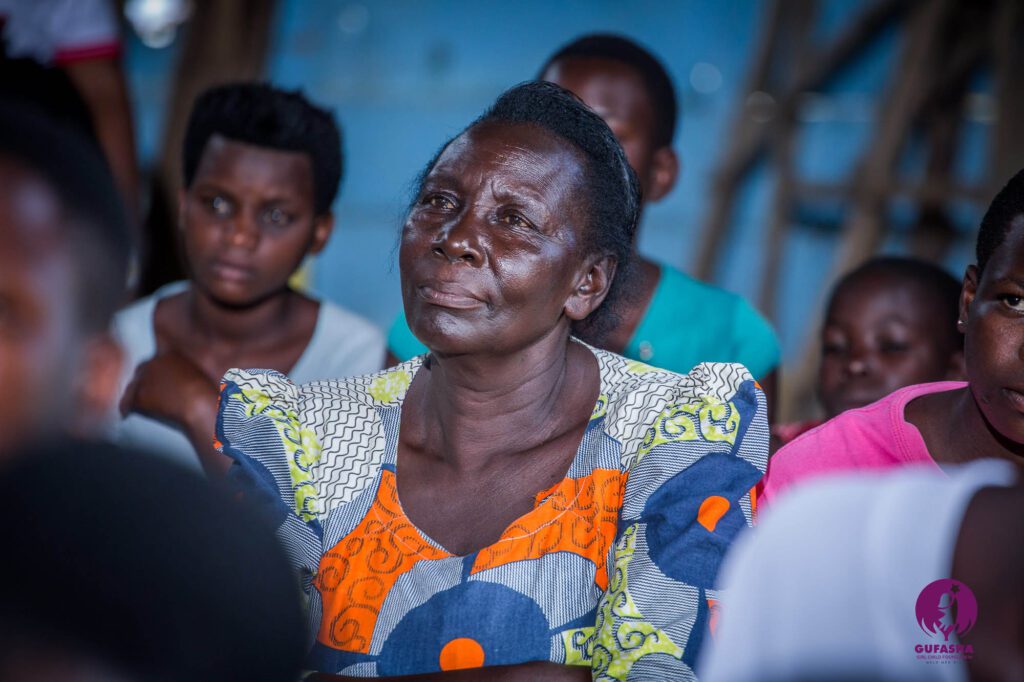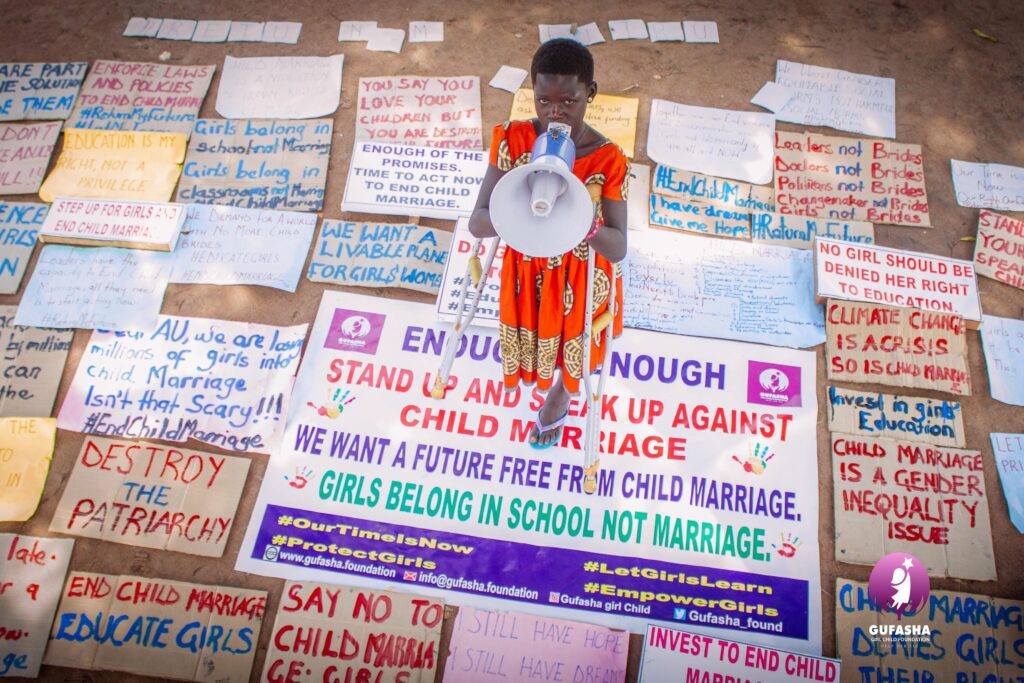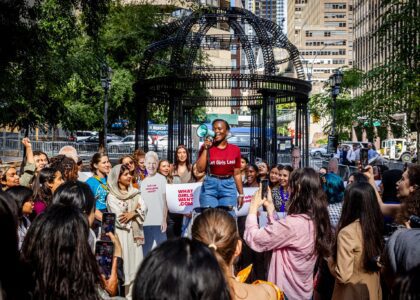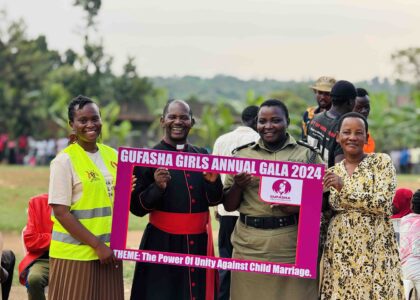Stella (not her real name) is a 13-year-old primary four dropout whose parents were unable to continue funding her dream of completing school and becoming a lawyer. She was advised to get married instead.
She contemplated running away from home but did not have any place to run to. She now lives under constant pressure that results in immediate punishment even at the slightest mistake made. She encounters a time when she was taken by her mother to a police station to be punished.
She is not ready for marriage and wanted to complete her studies in pursuit of her dream to become a lawyer. She is desperately seeking help to go back to school even at the cost of leaving her home, as she says she no longer has peace staying at home.
In her home, she says the rest except her and her sister were told to seat with no plans of going back to school. Her sister is already doing casual labor jobs in the city center.
Child marriage is defined as a formal or informal union between a child under the age of 18 and an adult or another child. The practice is often rooted in poverty, gender inequality, and harmful social norms.

According to a report published by UNICEF in 2019, Uganda is home to five million child brides and of these, 1.3 million were married before age 15.
This means around 40% of girls in Uganda are married before their 18th birthday and 10% before the age of 15. This serious problem has profound implications for the health, education, and well-being of the girls in Uganda.
This devastating practice affects millions of girls in Uganda and around the world, and is still prevalent, despite countless efforts to end it.
Child marriage has serious consequences for girls’ health and well-being. Girls married off at a young age are more likely to experience early pregnancy, which then leads to complications during childbirth, maternal mortality, and poor maternal and child health outcomes. They will automatically drop out of school, and this limits their future opportunities which in turn perpetuates the cycle of poverty.
Child marriage also violates girls’ human rights and exposes them to abuse, exploitation, and violence.
Girls married before the age of 18 are usually forced to have sex and stand a higher risk of experiencing sexual and physical violence from their husbands.
They have limited control over their own lives, and are often isolated from their own families and friends. They are also not able to make decisions about their own bodies and futures.
There are fortunately many efforts underway to end child marriage, the Uganda government passed a law that prohibits marriage before the age of 18 and the national strategy for ending child marriage and teenage pregnancy has been developed to address this issue.
NGOs like Gufasha Girls Foundation and civil society organizations and also working tirelessly to raise awareness about the dangers of child marriage and to provide girls with the education and resources they need to make informed decisions about their lives.
However more needs to be done to end child marriage in Uganda. More resources are needed to support girls’ education and empower them to make their own decisions about their lives. Community and religious leaders need to be frequently engaged to change the harmful social norms and beliefs that perpetuate child marriage. And more efforts are needed to enforce the already existing laws and policies to protect girls from child marriage and provide them with the support needed to thrive.
From our assessment, we found out that the traditional, cultural, and social norms plus the negative societal beliefs are still pushing girls into child marriage.
The lack of education support and the lack of sexual and reproductive health education plus inadequacy in law enforcement to protect the girl child are all exposing girls to child marriage and teenage pregnancies in the communities of Kayunga district.
In review, there is an alarming rise in the number of child marriages and this leads to our need to do what we as a community are supposed to be doing. We all have a role to play in ending child marriage. And here is the call, You and me, let us do our part to end child marriage.
In conclusion, child marriage is a very harmful tradition that has devastating consequences for girls in Kayunga and Uganda at large. We must work together to end child marriage and provide girls with the education, resources, and support they need to reach their full potential.
By empowering girls and investing in their future, we are creating a better, more equitable world for all.

